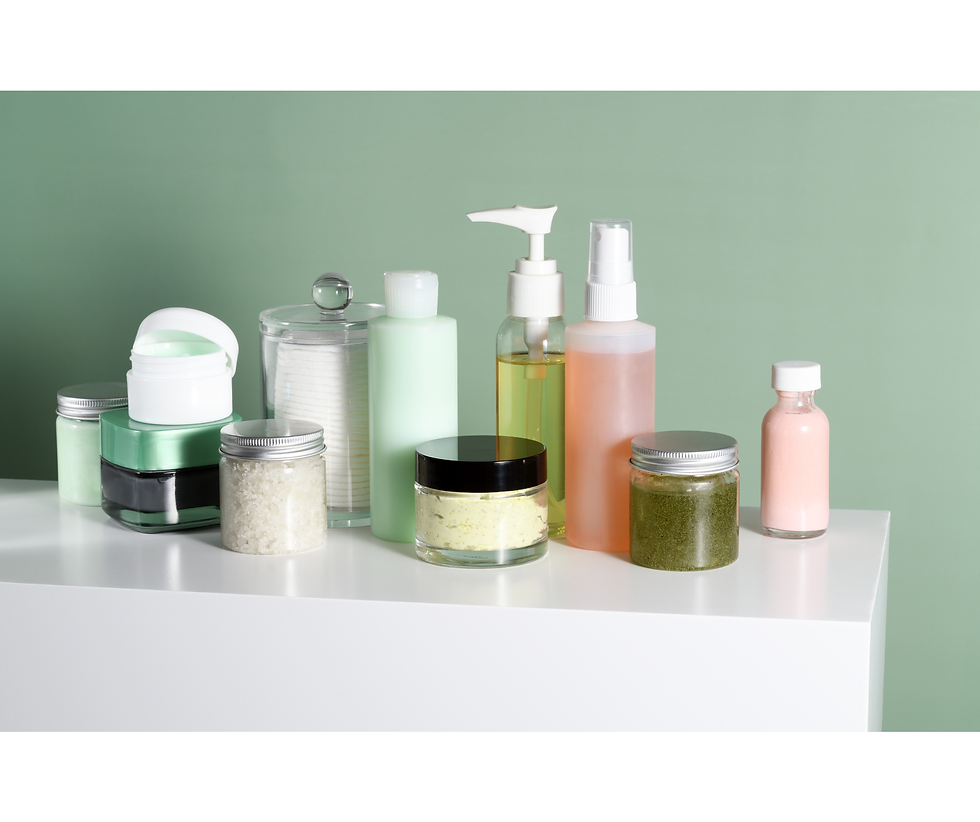Understanding Cohort Studies in Clinical Research
- Ben Brockman
- Apr 30, 2025
- 3 min read
In the world of clinical research, cohort studies are a fundamental methodology used to evaluate the effectiveness and safety of products over time. Particularly relevant for health and wellness products, cohort studies offer unique insights into how real users respond to products in everyday settings.

Unlike randomized controlled trials (RCTs), cohort studies follow groups of individuals who share common characteristics: such as age, lifestyle, or existing health conditions, making them incredibly valuable for understanding outcomes in specific populations.
What is a Cohort Study?
A cohort study is an observational research method in which investigators follow a group of people (the “cohort”) over a period of time. These individuals may be exposed to a particular product or intervention, and the study tracks various health or wellness outcomes.
Cohort studies are typically classified into two types:
Prospective Cohort Studies: Follow participants from the present into the future.
Retrospective Cohort Studies: Look back at data from past exposures and outcomes.
Both types provide valuable insights, but prospective studies are often preferred in consumer health product research due to their ability to monitor usage and changes in real time.
Why Use Cohort Studies for Non-Pharmaceutical Products?
Cohort studies are especially well-suited for products that aren’t classified as drugs, such as:
Nutritional supplements
Skincare and cosmetic products
Superfoods
Pet wellness products
Here’s why:
1. Natural Product Usage Observation
Cohort studies allow researchers to observe how people use products in real-life scenarios, outside of controlled lab environments. This leads to more authentic and generalizable results.
2. Longitudinal Data Collection
By following participants over weeks or months, researchers can gather long-term data on effectiveness and safety, critical for building trust in product claims.
3. Ideal for Niche Demographics
Brands targeting specific audiences (e.g., menopausal women, athletes, pet breeds) can use cohort studies to assess how well a product works in that particular group, boosting clinical relevance.
Cohort Studies vs. Randomized Controlled Trials
Feature | Cohort Studies | Randomized Controlled Trials (RCTs) |
Randomization | No | Yes |
Environment | Real-world settings | Controlled lab or clinical settings |
Cost | Generally more affordable | Higher due to complexity |
Timeframe | Often longer | Can be short or long |
Use Case | Observational and exploratory | Confirmatory and causal |
While RCTs are often seen as the “gold standard,” cohort studies offer affordable, practical alternatives that still yield highly credible data, especially when randomized trials aren't feasible.
How Cohort Studies Support Marketing Claims
Brands increasingly rely on clinically backed claims to differentiate themselves in competitive markets. Cohort studies help support:
"Clinically tested" or "clinically proven" statements
Consumer testimonials rooted in real data
Claims like “9 out of 10 users saw improved skin texture”
However, it’s crucial that these studies are designed and conducted ethically, with robust data collection methods and transparent reporting.
Common Limitations of Cohort Studies
While cohort studies are valuable, they’re not without challenges:
No randomization, which can introduce bias
Confounding variables (e.g., lifestyle or diet) may impact outcomes
Longer follow-up times can affect participant retention
Causal relationships are harder to establish compared to RCTs
For these reasons, cohort studies work best when their limitations are acknowledged and mitigated through careful design and transparent reporting.
When to Choose a Cohort Study for Your Product
Cohort studies can be the ideal choice if:
You're launching a consumer health product and want real-world insights.
Your target demographic is niche or lifestyle-driven (e.g., vegans, active seniors).
You want to support clinically tested claims affordably.
You're exploring long-term effects like skin improvement, gut health, or pet vitality.
If your product needs real-world evidence with cost-effective methods, a cohort study may be the best fit for your research goals.
Best Practices for Conducting Cohort Studies
To ensure validity and compliance (especially with FTC regulations on product claims), follow these best practices:
Define clear inclusion and exclusion criteria.
Use validated measurement tools for outcomes (e.g., skin hydration levels, pet activity trackers).
Collect baseline and follow-up data to track progress.
Ensure transparency and avoid overpromising in your marketing materials.
Partnering with contract research organizations (CROs) that specialize in consumer health studies can simplify this process and ensure data integrity.
The Growing Role of Cohort Studies
As the wellness and beauty industries continue to demand scientifically backed product claims, cohort studies provide a powerful, cost-effective way to generate credible evidence. They are especially valuable for brands looking to boost transparency, build consumer trust, and stand out in a crowded marketplace.
By investing in well-designed cohort studies, companies can not only support their marketing claims but also improve their product development and customer satisfaction over time.
Looking to test your health & wellness product to make science-backed marketing claims? Learn more about how we conduct customized clinical trials here at Citruslabs!



